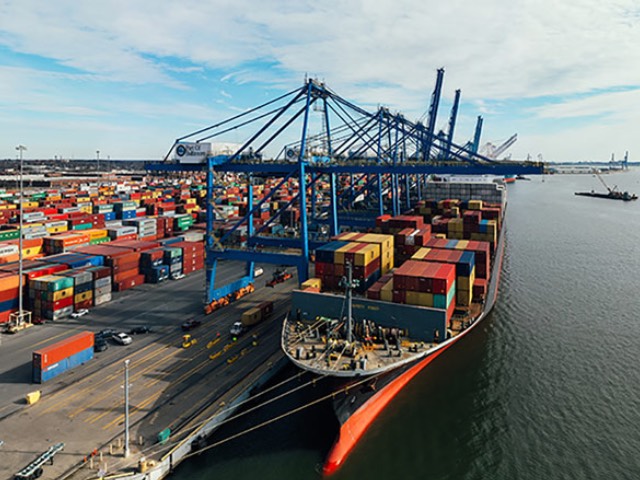Commenting on the latest news release issued by the International Maritime Organization on the one-year anniversary of the IMO Low Sulphur Regulation (IMO2020) that came into effect on 1 January 2020, the Clean Shipping Alliance 2020 highlights the crucial role of the Exhaust Gas Cleaning Systems in the smooth transition as noted by the IMO.
“Despite the severe impact of the COVID-19 pandemic on the global supply chain last year, which will most certainly continue until the second half of this year, ships continue to carry goods and commodities around the world, such as essential food and medical supplies. In this context, it is remarkable that the shipping industry was able to make that smooth transition to the IMO2020, and many of our companies were able to do so thanks to the timely installations of Exhaust Gas Cleaning Systems (EGCS),” said Poul Woodall, Executive Director of the Clean Shipping Alliance 2020 (CSA).
Around 4,000 ships are currently fitted with EGCS, also known as ‘scrubbers’, which helped to meet the sulphur limit requirement set by the IMO2020.
The CSA was founded in 2018 to serve as an advocate for shipping companies working to reduce marine exhaust gas emissions through the use of Exhaust Gas Cleaning Systems. Member companies of CSA and other shipping companies using EGCS were able to play an important role in the shift to IMO2020, avoiding the uncertainties of new alternative fuels while leading the industry in rapid transition to the new global sulfur emission reductions.
The CSA strongly believes that EGCS make a positive difference to the ports and ocean environments in which ships operate and will promote global environmental progress – especially the goal of reducing the health impact from airborne sources, which is at the heart of the IMO 2020 regulation.
Mr Woodall commented that in addition to achieving much lower sulphur (SOx) reductions than required by IMO2020, and reductions of other pollutants as well, there are added advantages of EGCS in minimizing the ships’ carbon footprint:
“On a well-to-wake basis, EGCS-fitted vessels have a lower CO2 footprint than the most widely-used alternative fuel options of MGO and VLSFO. A recent CE Delft study found the increase in CO2 footprint from the additional refining of MGO to likely be in the range of 10-15% and potentially as high as 25%. In contrast, the increased CO2 from EGCS is only in the range of 1.0-1.5%.
“Therefore, there should be broader awareness that EGCS-fitted vessels show a significantly better CO2 performance than similar vessels using refined fuels for compliance, such as MGO/VLSFO. This supports the current ambitions of significantly lowering CO2 emissions by 2030.”
In view of the positive results from EGCS, the CSA and its companies will continue to advocate and support ongoing research to further the industry’s efforts towards the common goals of continually reduced emissions and carbon neutrality.









































